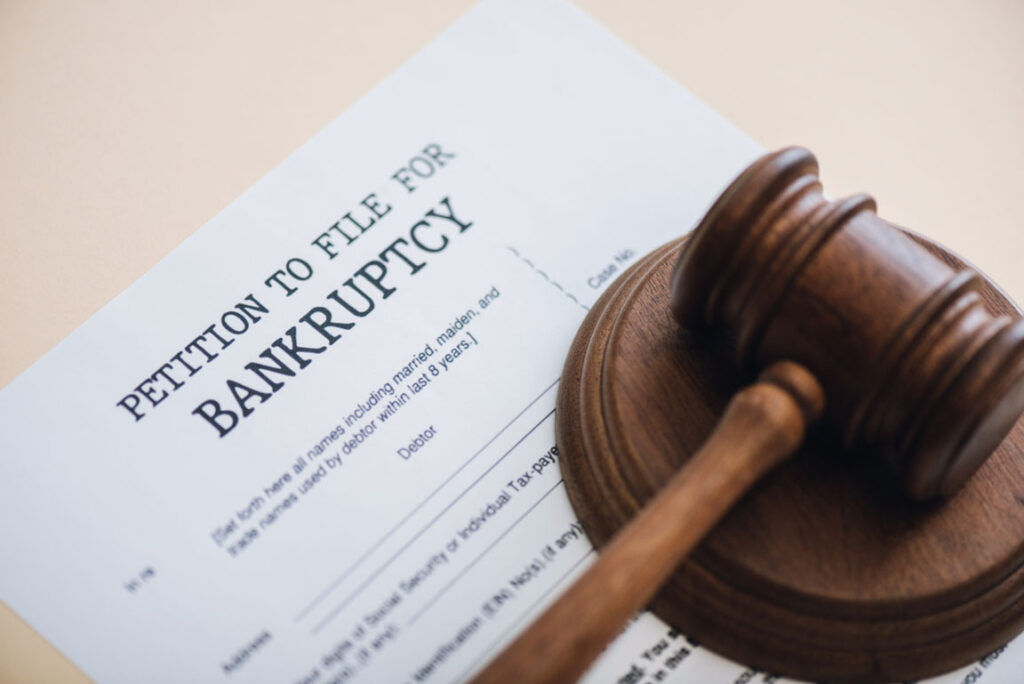Bankruptcy law includes potentially confusing information that may deter individuals from filing for bankruptcy. At Todd Cushner & Associates, our bankruptcy litigation experts have an in-depth knowledge of the intricacies of bankruptcy law and can help you achieve the outcome you deserve. This article will provide you with some basic information about bankruptcy, giving you a better understanding of the bankruptcy process.
Additional Bankruptcy 101 Articles: Bankruptcy 101 – Trustees and Administrators
Bankruptcy 101 – Bankruptcy Terminology
Bankruptcy 101 – Filing for Chapter 13 Bankruptcy
A Brief Summary of the Different Types of Bankruptcies
You can choose the kind of bankruptcy that best meets your needs (provided you meet certain qualifications):
- Chapter 7 – A trustee is appointed to take over your property. Any property of value will be sold or turned into money to pay your creditors. You may be able to keep some personal items and possibly real estate depending on the law of the State where you live and applicable federal laws.
- Chapter 13 – You can usually keep your property, but you must earn wages or have some other source of regular income and you must agree to pay part of your income to your creditors. The court must approve your repayment plan and your budget. A trustee is appointed and will collect the payments from you, pay your creditors, and make sure you live up to the terms of your repayment plan.
- Chapter 12 – Like chapter 13, but it is only for family farmers and family fishermen.
- Chapter 11 – This is used mostly by businesses. In chapter 11, you may continue to operate your business, but your creditors and the court must approve a plan to repay your debts. There is no trustee unless the judge decides that one is necessary; if a trustee is appointed, the trustee takes control of your business and property.


Reaffirmation Agreements
Even if a debt can be discharged, you may have special reasons why you want to promise to pay it. For example, you may want to work out a plan with the bank to keep your car. To promise to pay that debt, you must sign and file a reaffirmation agreement with the court. Reaffirmation agreements are under special rules and are voluntary. They are not required by bankruptcy law or by any other law. Reaffirmation agreements–
- must be voluntary;
- must not place too heavy a burden on you or your family;
- must be in your best interest; and
- can be canceled anytime before the court issues your discharge or within 60 days after the agreement is filed with the court, whichever gives you the most time.
Navigating Through the Bankruptcy Process
The bankruptcy attorneys of Todd Cushner & Associates have helped individuals and families throughout White Plains successfully navigate through the bankruptcy process. Contact us today to schedule your free consultation.

